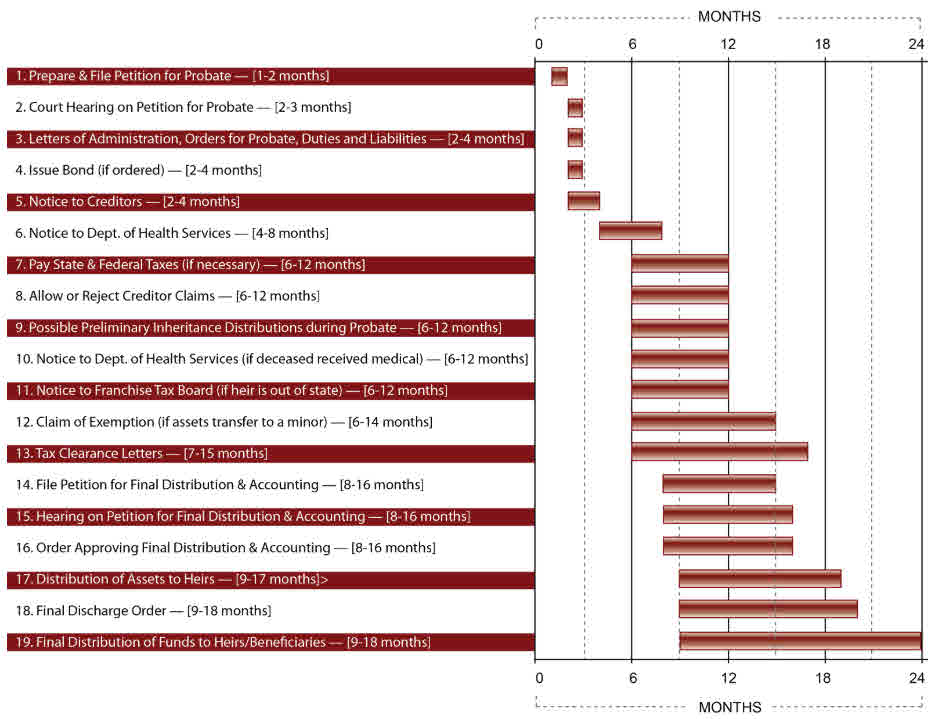|
What Is the LegacyChange Incentive Plan verses the Incentive
Trust?
Incentive Trust
The incentive trust is a legal entity that holds and manages
assets for the grantor or
for the benefit of another person. It is typically
established by a senior family member to provide innovative
strategies for distributing wealth to younger generations;
the grantor can use the incentive trust's provisions to
reward a beneficiary
for achieving a wide range of
desired behaviors or goals. The trust can also set out
specific requirements on how the money can be distributed
and use certain techniques to ensure that the beneficiary
will have financial independence beyond the inheritance
monies.
As with any type of trust, there are costs associated with
the development and ongoing administration of an incentive
trust. The costs and the time involved in establishing this
trust are just two factors you'll need to consider when
deciding whether or not this arrangement is right for you.
Next, you'll need to mull over some of the unique advantages
and drawbacks of the incentive trust.
The Pros
Motivating Positive Behavior - An
incentive trust allows you to reward the beneficiary for
desired behaviors, while limiting access for undesirable
behavior such as unproductive or immoral activity (of
course, defining what is "immoral" can be quite subjective).
Many trusts can be as restrictive as the grantor wants them
to be, as long as the restrictions imposed are not illegal -
for example, specifying that the beneficiary must divorce
his/her current spouse to receive an inheritance.
Age Restrictions - Restrictions
related to the beneficiary's age are often attached to
trusts. You may not want your child to receive income or
principal from the trust until he or she reaches a more
mature age, such as 25, 30 or whatever you decide. You can
also plan for distributions of funds to be staggered over
time, at various "benchmark" ages, to help your child learn
how to manage money responsibly. At the very least, this
strategy eliminates the possibility of your child blowing
his or her inheritance all at once.
Encouraging Education - Trust
distributions can be contingent on the beneficiary
graduating from high school, achieving certain grade point
averages or obtaining a postsecondary degree. You could also
decide to distribute a portion of funds after successful
semesters or academic years as a positive motivating tool.
Promoting a Healthy Lifestyle - Some
grantors will establish trusts that won't pay out money if
the beneficiary indulges in destructive and/or illegal
behavior such as smoking, using illegal drugs or abusing
alcohol.
Family Business or Employment - Your
incentive trust can include provisions that reward your
beneficiary for assuming important responsibilities in a
family business or simply maintaining gainful employment. As
another way to promote employment, you can set up the
incentive trust to pay out a matching amount for each dollar
earned by the beneficiary. These are strategies that often
appeal to wealthy parents, who may worry that their children
lack a work ethic because they have grown up with money.
Endorsing Philanthropy - You
can help your child develop an appreciation for volunteerism
and community involvement by using matching charitable
donations and
other benefits that reward your child for teaching, doing
community service and other charitable habits.
The Cons
Possible Resentment - You
know the saying "The road to hell is paved with good
intentions"? Despite your best intentions, your beneficiary
may find that some of the requirements set out in the
incentive trust (say, getting a college degree) are
unattainable for him or her, and this may lead to resentment
toward you as the grantor, or toward other beneficiaries who
have met certain requirements contained in the trust.
Hindering Entrepreneurship - Using
the incentive trust to encourage specific professional goals
or to push your child into the family business may hinder
your child's ability to pursue his or her own professional
interests, such as starting a successful landscaping
business or going into some other trade that you may have
overlooked.
Setting Unrealistic Goals - Keep
the goals and milestones realistic: some kids are not meant
to run the family business or are not cut out for an
Ivy-league school and a stellar academic career. Grantors
should be sensitive to the unique personalities of
beneficiaries and set goals that are attainable for all.
Overlooking Other Needs - Placing
too much emphasis on business and academic achievements can
lead to other matters, such as the health and overall
personal well-being of the beneficiary, being overlooked.
"Controlling Life from the Grave" - The
incentive trust may fail to work as the positive motivating
tool you'd like it to be if the beneficiary feels that you
are trying to control his or her life "from the grave", or
to introduce values that should have been taught when the
beneficiary was growing up.
Key Considerations
It is your prerogative and right to control your Legacy
and gifts as you prefer. The LegacyChange Incentive Plan is
a simple and economical path to control your gifting to your
beneficiary.
The LegacyChange Incentive Plan is more simple than an
Incentive Trust where your legacy is preserved by heirs
receiving guaranteed payments with tax advantages over years
of time verses a lump sum. Your legacy has control allowing
for prudent heir spending. |




